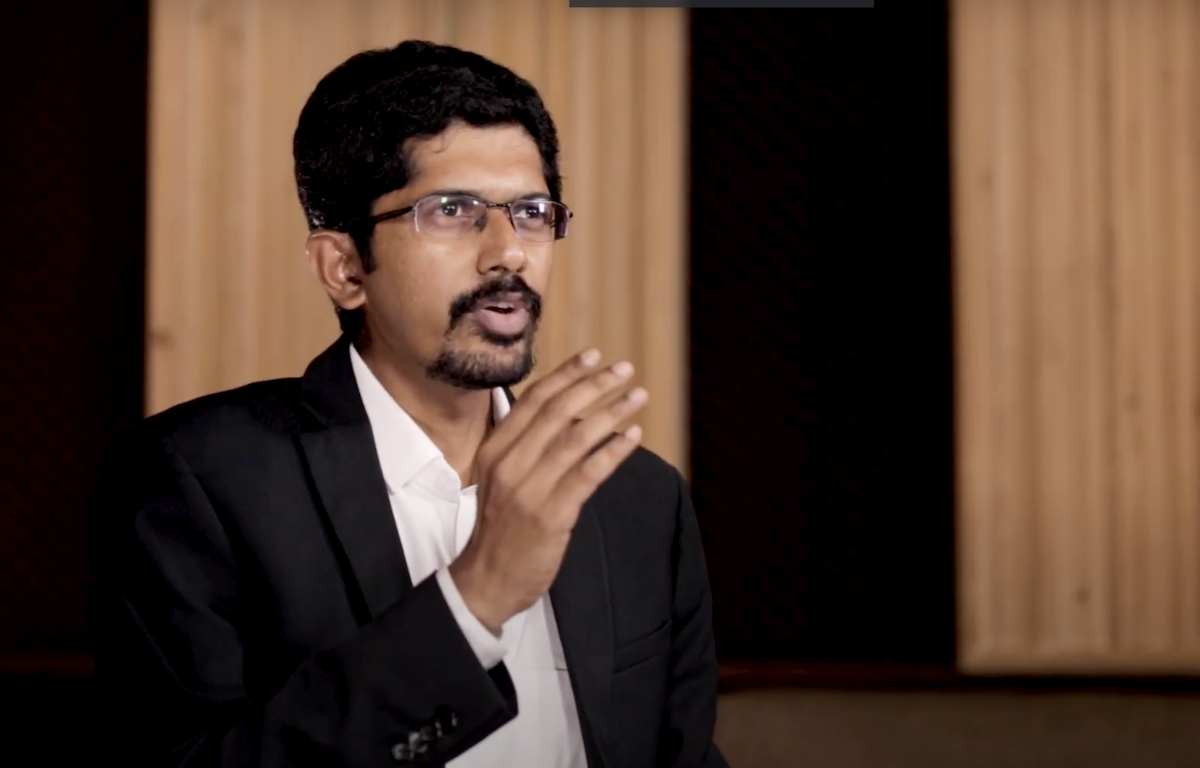Home
April 7, 2020 2023-01-09 7:52Home













High-stakes communication matters
High-stakes communication events matter
You need to deliver a critical business review presentation, a client pitch, a town-hall talk or an industry forum speech.
You know that if you nail it, you can drive a ton of impact. Get your key project approved. Land a deal. Raise funding. Inspire your team.
You need to put your best foot forward
Storytelling can help you win
By applying the ancient yet timeless techniques of storytelling, you can engage, inspire and convince your audience – and drive them to action.
These skills are learnable
So, you don’t consider yourself a “born storyteller”? Don’t fret – there’s no such thing.
Storytelling is very much a learnable skill – and by thoughtful application of its tools and techniques, you can derive unending benefits at work.
Including in that crucial business review presentation!

Holistic, Customised Course offerings
Whatever your work storytelling needs, we’ve got you covered!
Consulting, Analytics and Data Science
Finance/Business reviews
One-on-one Coaching for Leaders
Technology
Other functions
Online course
Hi, I'm Ravi. And I can help you tell a great story at work.
Through my Content Hub
Learn about storytelling techniques
Subscribe to the Newsletter
Join the 'Story Rules on Saturday' newsletter and get an e-book that decodes the hidden storytelling structure used by Jeff Bezos, Bill Gates and Warren Buffett.









